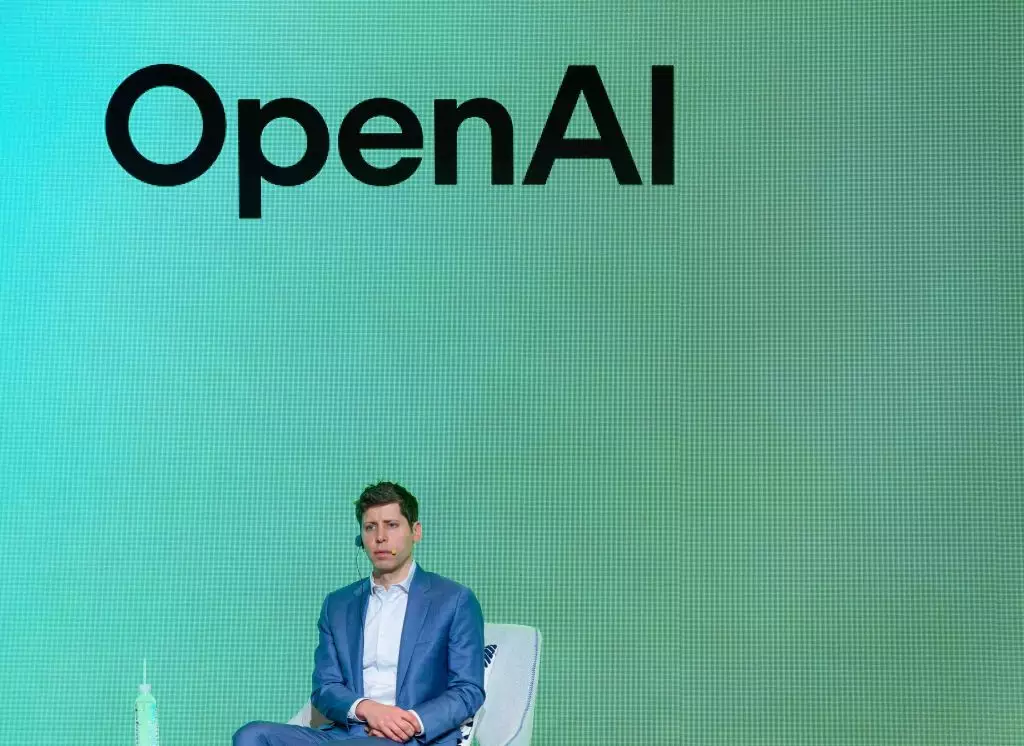The ongoing legal struggle between OpenAI and its co-founder Elon Musk marks an unexpected and dramatic chapter in the narrative of artificial intelligence progress. Once viewed as allies in the pursuit of democratizing AI, Musk, now a leading opponent, seems to be on a mission to dismantle the foundation that he helped create. This conflict not only threatens the very existence of OpenAI but also raises pressing questions about the intersection of technology and ethical governance.
The back-and-forth exchanges culminated recently in a counter-suit filed by OpenAI against Musk, which projects an image of resilience. In the filing, OpenAI’s lawyers contended that Musk’s actions were not merely detrimental but intentionally harmful. The language used in the legal documents paints Musk as a disruptor, warning that if his alleged “bad-faith tactics” continue, OpenAI could face insurmountable damage to its mission and relationships that are crucial for furthering its vision. This stark portrayal highlights Musk’s shift from a collaborative force to a perceived adversary through orchestrated actions that can disrupt not only OpenAI but the broader AI landscape.
The Argument Over Mission and Morality
At the heart of this legal tussle lies the contrasting visions for the role of AI in society. Originally founded as a nonprofit organization with noble intentions, OpenAI has undergone various transformations since its inception in 2015. The transition to a “capped-profit” model in 2019 was a strategic shift aimed at securing necessary funding to fuel its ambitious research. Yet, Musk argues that this shift deviates from the original ethos of ensuring AI serves humanity’s best interests.
Musk’s lawsuit accuses OpenAI of neglecting its commitment to collective benefit, framing the shift from nonprofit to profit-driven structures as a betrayal of its foundational principles. This sentiment resonates with various nonprofit organizations and labor groups, who have petitioned authorities to intervene, expressing concerns that OpenAI might be abandoning its civic duty for the lure of profit. The moral quandary this presents is profound—can an AI institution genuinely operate under a profit model without compromising its ethical obligations to society?
Legal Battles Ahead
As both parties prepare for legal confrontations, the stakes grow higher. The impending jury trial scheduled for spring 2026 signifies a critical moment not only for OpenAI but for the broader technology industry that grapples with similar dilemmas. Should the court rule in favor of Musk, it could set a dangerous precedent for other organizations navigating the delicate balance of innovation and ethics. The legal landscape appears to be an arena where debates over morality, accountability, and corporate structure will play out with far-reaching implications.
Amid the rivalry, there’s an ironic twist—that Musk, once an advocate of OpenAI, is now transforming into a formidable opponent. His previous support indicated a belief in OpenAI’s mission, yet his current stance appears to be driven by a desire for control over cutting-edge AI advancements. This stark reversal of roles not only complicates the dialogue surrounding AI governance but also exemplifies the volatile nature of tech leadership where personal ambitions can overshadow collective aspirations.
OpenAI’s Vision of the Future
In response, OpenAI asserts its commitment to combining sustainable profit-making with its altruistic goals. The organization claims that by transitioning into a public benefit corporation, it can unlock resources that will ostensibly benefit charitable endeavors in vital sectors such as healthcare, education, and scientific research. This narrative aims to reassure stakeholders that the mission remains intact despite the structural changes.
However, this optimistic message faces skepticism. Many view the conversion as a concerning shift toward corporate prioritization over societal benefit. OpenAI’s promise of preserving its nonprofit arm and utilizing profits for altruistic initiatives will be scrutinized as the trial unfolds. The pivotal question looms: can a profit-driven entity genuinely uphold a commitment to ethical AI? As the battle lines are drawn, this ongoing saga exposes deeper tensions between capitalism and ethics—issues that resonate well beyond the courtroom and into the daily lives of individuals potentially affected by AI technology.

